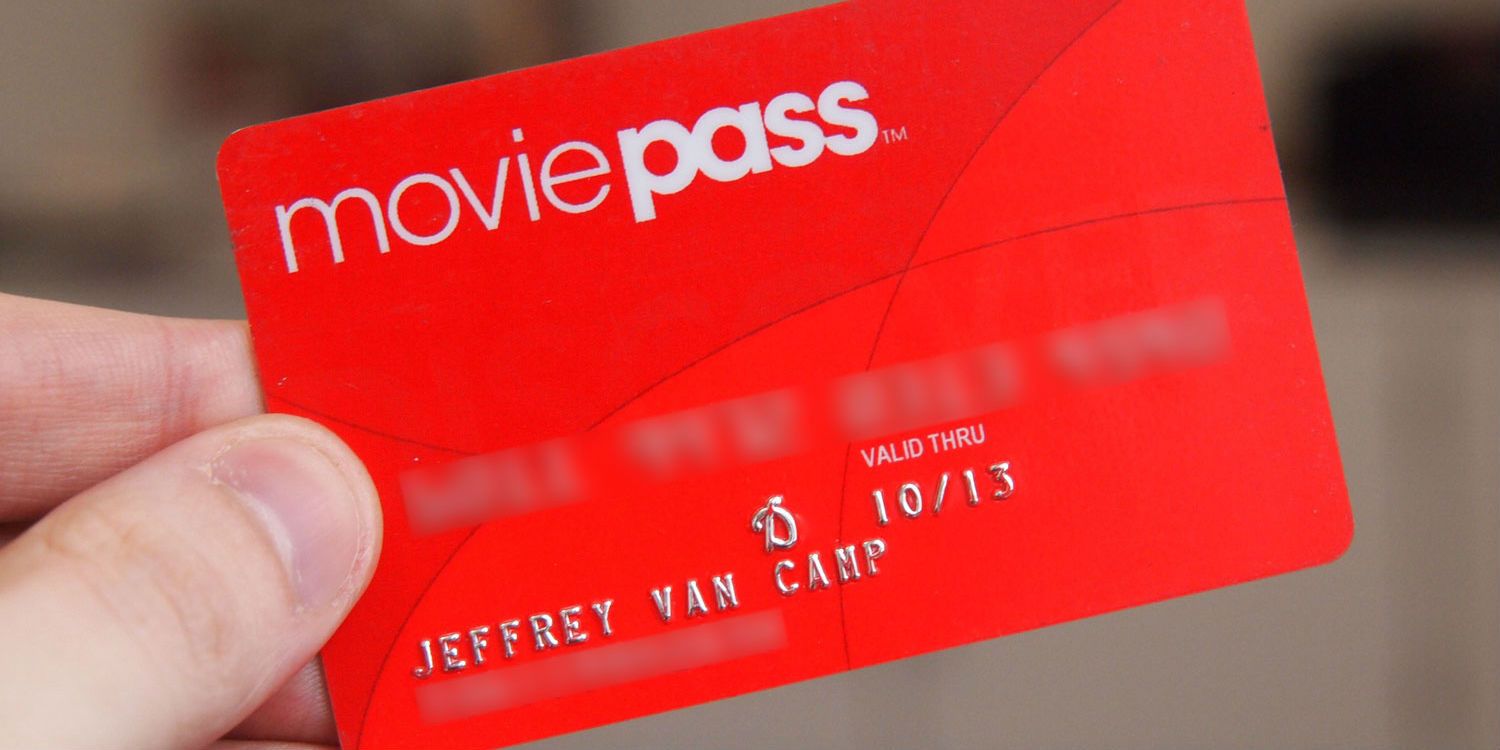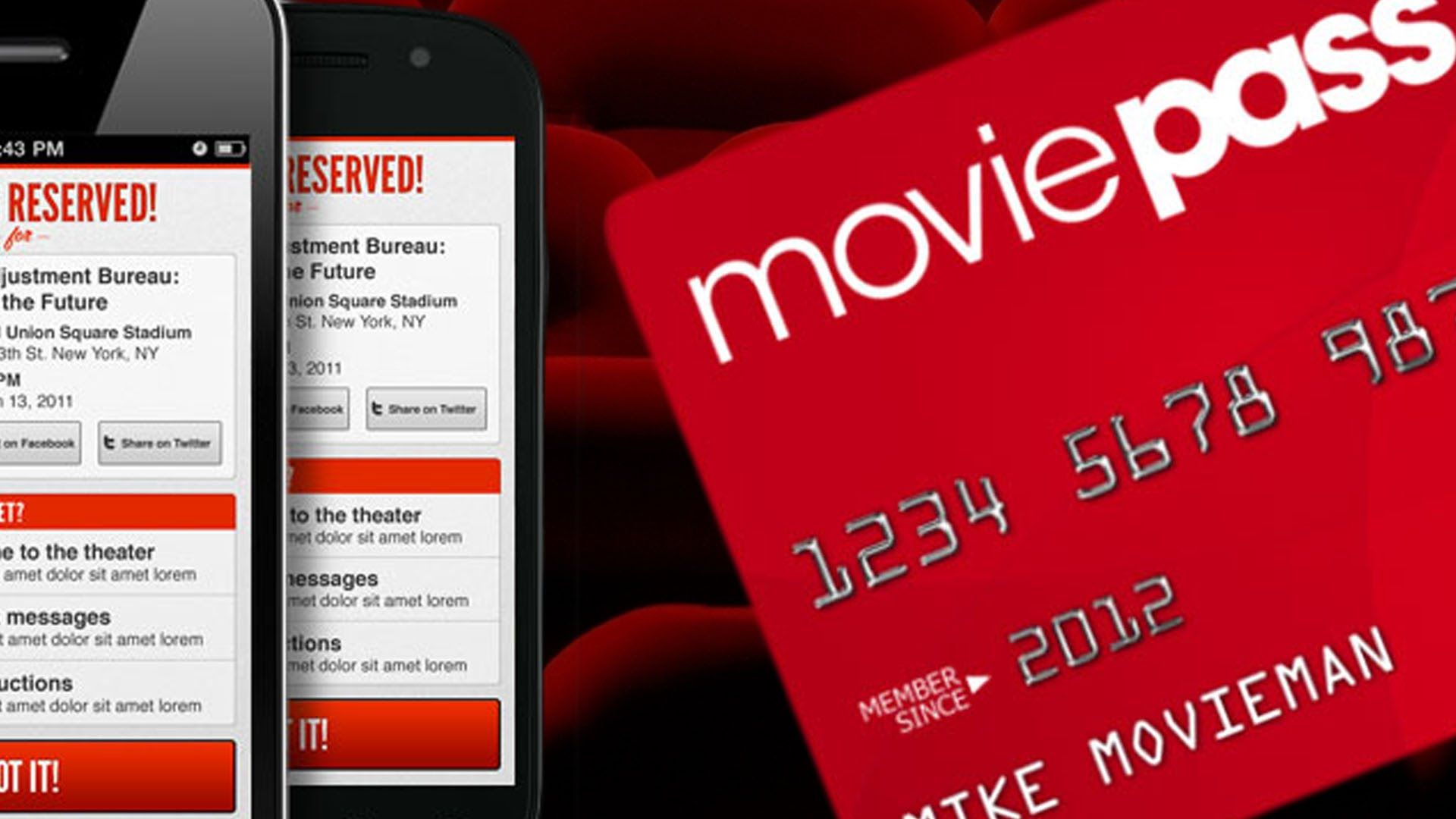This week, MoviePass made serious waves among film-goers with the news that they would be drastically lowering the price of their monthly theatre subscription service to only $9.95 per month. Formerly, customers would need to pay around $50 a month for the same offer, but now, MoviePass have essentially handed them the deal of the year, one that's a veritable boon for avid film lovers. Upon the announcement of its price drop, the site crashed from the huge numbers of new sign-ups.
That $9.95 a month will get you access to one movie per calendar day, although the price does not include IMAX or 3-D screenings. The deal will automatically take effect if you've already signed up to the service and it's guaranteed to stay that price for at least 12 months. If you've got the time and means to do so, you can squeeze in a film a day for a whole year for less than $120. To put that into perspective, according to Statista, the average price of a movie ticket in the USA last year was $8.65, so even if you sign up to MoviePass and only use it twice a month, you're easily saving money. For bigger cities, standard tickets are pricier, with AMC multiplex prices averaging over $15 in New York City. It's no wonder many people saw MoviePass's news and thought it was too good to be true.
For those of you unfamiliar with the system, MoviePass members are required to sign up to the service before they are sent a debit card within the following week. They must also sign up to the MoviePass app on Android or iPhone. Users can enter their zip code into the app to find a list of the nearest cinemas where MoviePass can be used. Currently, MoviePass say they are accepted at over 91% of America's cinemas: That’s over 4,000 locations. Users must check the app to select their preferred film and screening time, and once they have checked in, the MoviePass debit card loads up the price of the ticket, which can then be handed over a the cinema. All in all, it's a modern approach to something many theatres have offered for a while, but now it's at a price point few could ever refuse.
It's not quite an unlimited deal, as is often advertised. The MoviePass package entitles you to see one film in the cinema every 24 hours of a calendar year, so you can’t do any marathons, and you can’t see something you’ve already used the pass to see before. It’s a system that works best for lone visitors, as group purchases cannot be done through MoviePass. The average moviegoer in the US is not a weekly attendee; most will see five or six films a year, mostly in the summer and holiday seasons and often accompanied by family or friends. This new deal would certainly be a good one for such a user if they so choose to sign up (last year, subscriber numbers were sitting at around 20,000), but the people it benefits the most are the hardcore fans. If you’re going to the movies once a week and spending an average of $35-60 a month doing so, MoviePass have offered the dream deal to keep prices down.
It still all sounds too good to be true, and in the long-term, it probably is. There are still questions over how MoviePass can ever make money from this kind of offer. MoviePass CEO Mitch Lowe told Variety that he expects the company to "lose money in the process" of rolling out this deal. Lowe, also an early executive of Netflix, argued that the deal would ultimately help theatre chains in the long-run, as they deal with declining sales and plummeting shares, as people are eager to go out to the cinema but are put off by costs, especially when streaming services like Netflix and Amazon offer more variety for a comparable price. Their current plan is to earn money through marketing and tighter relationships with studios and theatres, although right now both are mostly suspicious of this new deal. Already, the news has seen pushback from the multiplex industry, with AMC Entertainment leading the revolt against what it sees as an "unsustainable" pricing with no explanation for long-term planning. AMC have put forward the possibility of pulling their theatres from the service - currently there are more than 600 of them across the USA.
Similar to Netflix's own curious financial situation, wherein they are happy to accumulate billions of dollars of debt in order to fund their stream of original content that will entice new subscribers, MoviePass seem happy to lose some money in the short-term in the hopes that it will offer them sturdy foundations for bigger deals. As Lowe said, "The first thing we need to do is get big. If we're not in the millions, we're not interesting to studios. When we're big, we can help them get butts in the seats, and we will both benefit." Already, potential users' interests have been piqued, with the site drawing 500,000 unique visits over the first six hours of the announcement, compared to the average 10,000 users a week it was previously drawing in. Making such drastic changes to the industry will take a lot of time and a lot of money, but for now, moviegoers across the country can enjoy the benefits.


